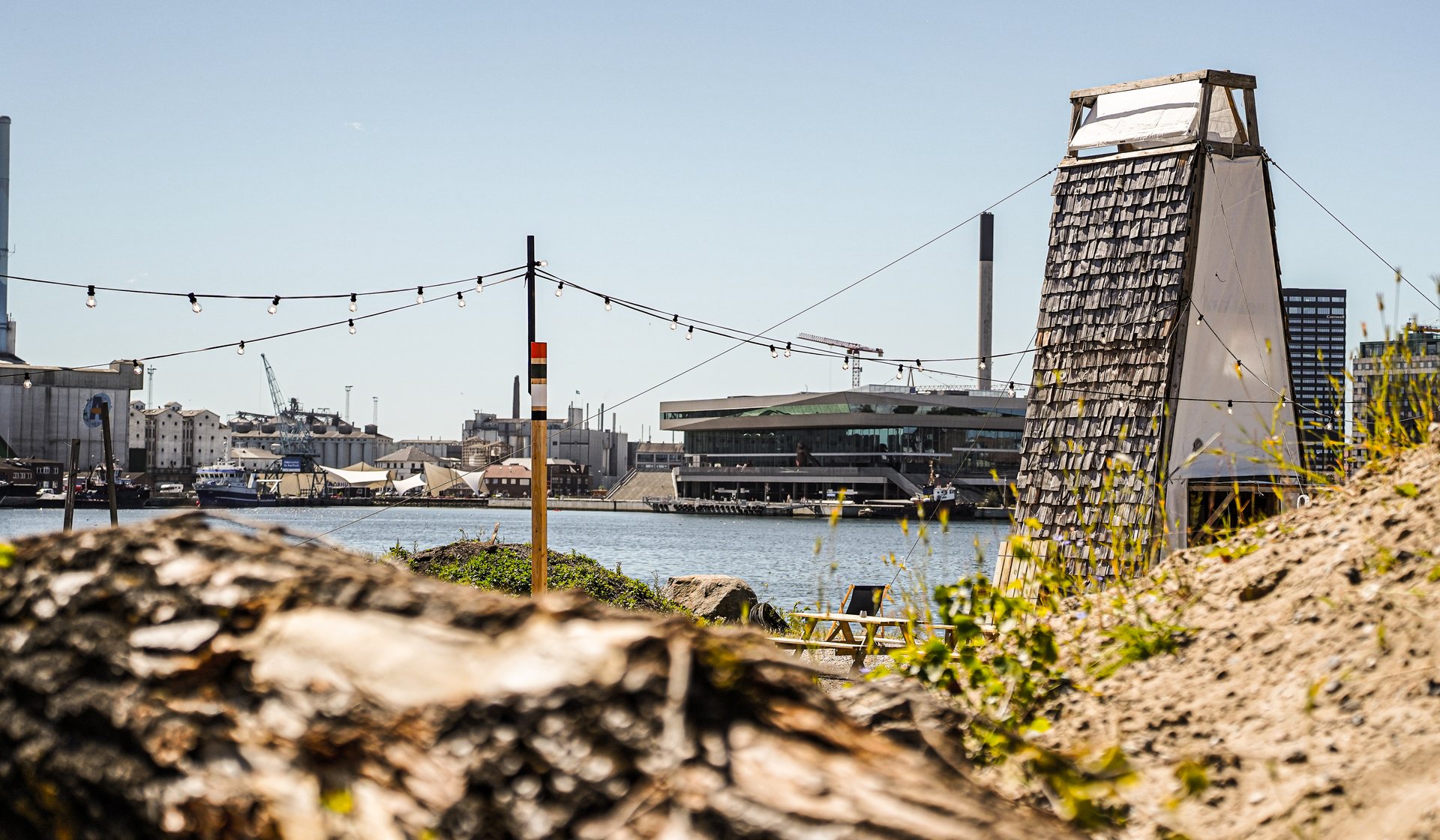
Coming to Denmark: Stages of happiness, loss, grief and acceptance
Meet Jonathan. A psychotherapist from Australia who moved permanently to Denmark last June. After attending International Community's Coffee Mornings and Meet Your Club event, he allowed us to do an exclusive interview with him, about his experience coming to, living, and working in Denmark.
“In the beginning it was actually very exciting and very like, happy go lucky vibe. It was also summertime, so I think that reflected the whole… It was all good basically. And it was all just new and exciting, you know, moving to a new place, this whole big thing. Which is super nice and cool.”
But he also talked about another and much darker side of moving. Especially when it came to tackling the Danish system of requiring a visa to start working, Jonathan ran into an institutional barrier where he could do little more than wait:
“The processing time kept going, I had all the information – everything was there to process the visa, but they just weren’t doing it. And I was like ‘How can I start work if I don’t have a CPR number – how can I do anything when I don’t have a bank account if I don’t have a NemID.”
